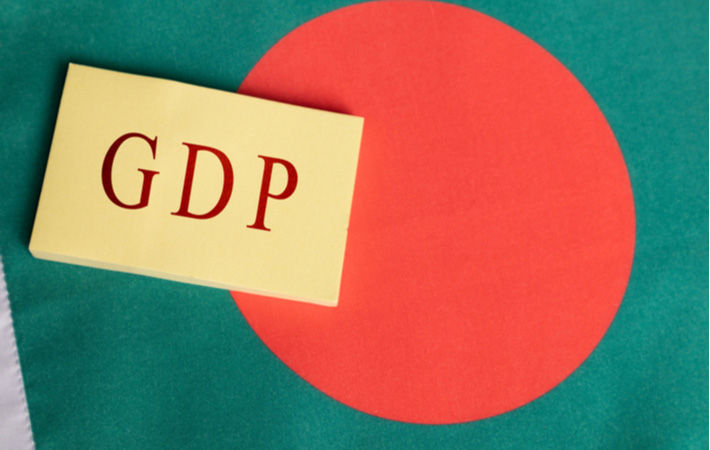
The directors emphasised that continuing with sound macroeconomic policies, modernising policy frameworks and addressing structural impediments will be key to successfully graduate from the least developed country status and realise the country’s aspiration of reaching upper-middle income status.
Growth in Bangladesh is expected to pick up to 6.6 per cent in fiscal 2021-22 (FY22) supported by a robust rebound in exports, continued implementation of the stimulus packages and accommodative monetary and fiscal policies, IMF said in a press release.
Headline CPI inflation is projected to rise to 5.9 per cent in FY22 driven by higher international commodity prices. The fiscal deficit is projected to peak at 6.1 per cent of the country’s gross domestic product (GDP) in FY22 as the authorities increase pandemic-related spending.
The directors commended the Bangladesh authorities for exercising fiscal prudence and maintaining a low risk of debt distress, while noting that Bangladesh’s capacity to repay the IMF remains sound.
They underscored that modernizing revenue administration and implementing tax policy reforms would help raise revenues to sustainably increase development, social and climate spending. Revenue measures should be accompanied by measures to rationalize spending and improve spending efficiency, they said.
They highlighted the need to closely monitor inflation developments and stand ready to normalise monetary policy. They suggested phasing out caps on interest rates to improve credit allocation.
They also encouraged the authorities to undertake reforms to help catalyze climate financing.
ALCHEMPro News Desk (DS)
Receive daily prices and market insights straight to your inbox. Subscribe to AlchemPro Weekly!